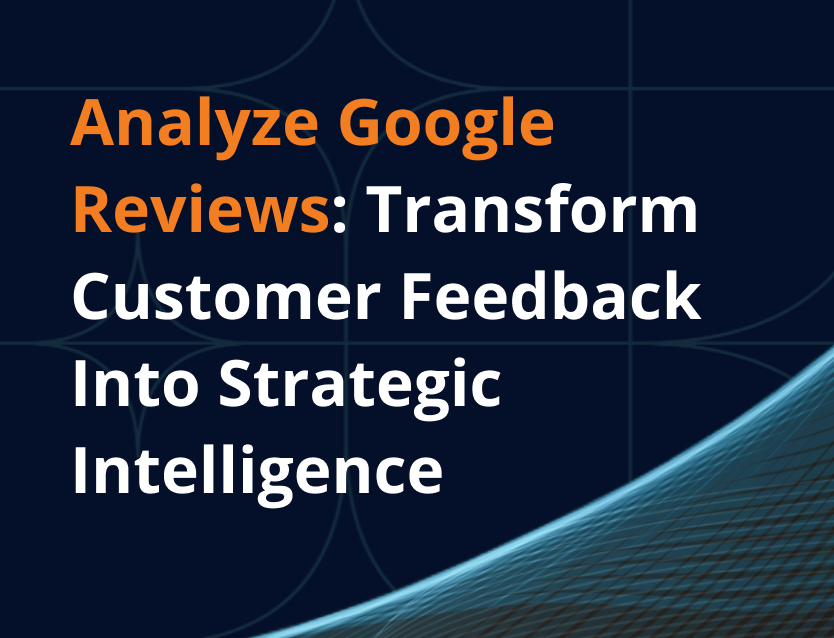What is Data Lakehouse and why it matters?
In today’s data-driven world, businesses face significant challenges when it comes to managing and harnessing the power of their data. Traditional approaches like Data Warehouse and Data Lake have their limitations, leading to data silos, governance issues, and slow processing times.

Source (www.databricks.com)
Data Warehouse
Data Warehouses were designed for structured data, making it challenging to handle unstructured and semi-structured data effectively.
The Limitations:
- Data silos: Where valuable insights are scattered across different systems, hindering a comprehensive view of the data.
- Data latency: Data warehouses were often slow to process data, as they were designed for batch processing.
Data Lake:
Data Lakes offered a promising solution for storing vast amounts of data, including unstructured data.
The Limitations:
- Data quality: They lacked governance and schema enforcement, leading to data quality concerns.
- Inefficient Insights: The lack of structure and organization made it difficult to derive meaningful insights efficiently.
To resolve this issue we thought to use Data Lakehouse. The Data Lakehouse is a new data architecture that combines the best of data warehouses and data lakes. It allows for the storage of all types of data, structured and unstructured, and provides a unified view of the data. The Data Lakehouse also provides strong governance and data quality features, and it is fast enough to support real-time analytics.
Key Features and Benefits of Data Lakehouse:
The Data Lakehouse offers a number of benefits over traditional data warehouses and data lakes, including:
- Cost savings: It can save businesses money by eliminating the need to maintain multiple data warehouses and data lakes.
- Agility: It is more agile than traditional data warehouses, as it can be used to process both structured and unstructured data.
- Scalability: It is scalable, so it can be easily scaled up or down to meet the needs of the business.
- Security: It provides strong security features, so businesses can be confident that their data is safe.
- Unified Data Storage: The Data Lakehouse enables organizations to store all types of data in a single, scalable repository, eliminating data silos and facilitating a holistic view of the data.
- Enhanced Data Governance: With built-in governance mechanisms, the Data Lakehouse ensures data quality, schema enforcement, and data lineage, instilling confidence in the accuracy and reliability of the data.
- Real-Time Analytics: Unlike traditional Data Warehouses, the Data Lakehouse supports real-time analytics, enabling businesses to derive immediate insights and make informed decisions faster.

Source (www.databricks.com)
Enter to Databricks:
Databricks Lakehouse Platform is a leading solution that empowers organizations to leverage the full potential of the Data Lakehouse. With its advanced capabilities, including unified analytics, data engineering, and machine learning, Databricks revolutionizes data management and analytics.

The Data Lakehouse, powered by platforms like Databricks, is the answer to the challenges posed by traditional Data Warehouses and Data Lakes. It provides the scalability, agility, and unified view necessary to unlock the true value of your data. Embrace the Data Lakehouse revolution and propel your organization into a new era of data-driven insights and success.
Remember, in the age of data, it’s not just about warehouses or lakes—it’s about unleashing the full power of your data with the Data Lakehouse!
We at DataSlush can transform businesses with our Data Engineering Services We are focused on helping organizations successfully complete their data & AI initiatives and get value out of them.



